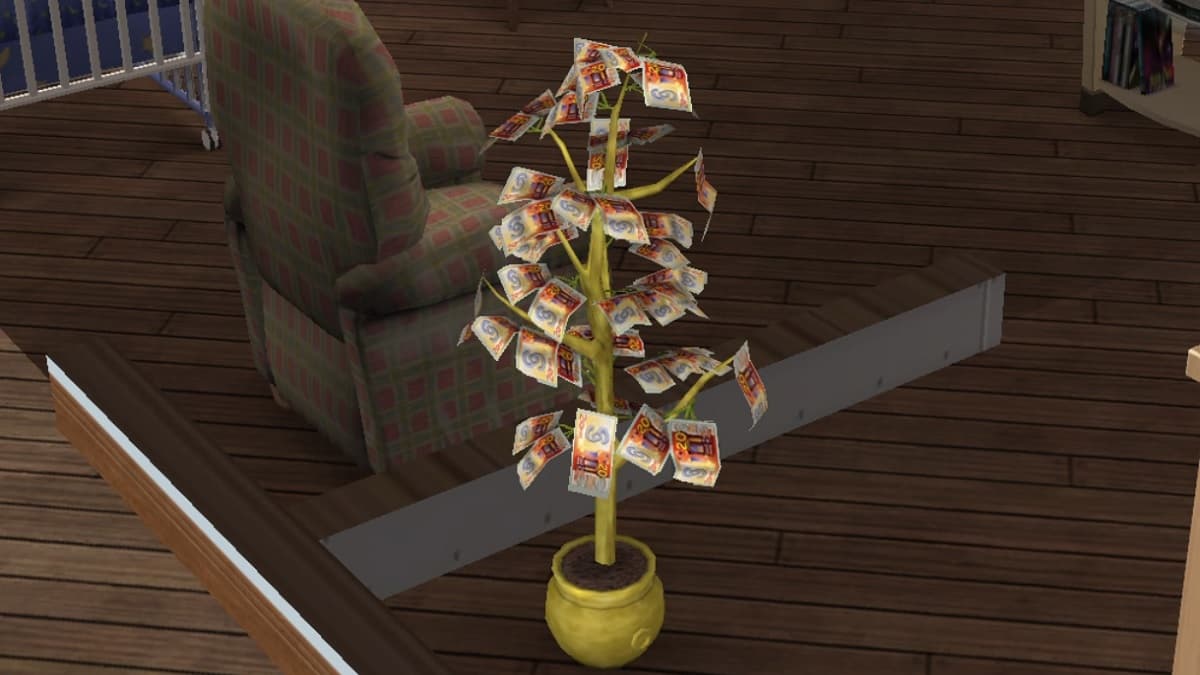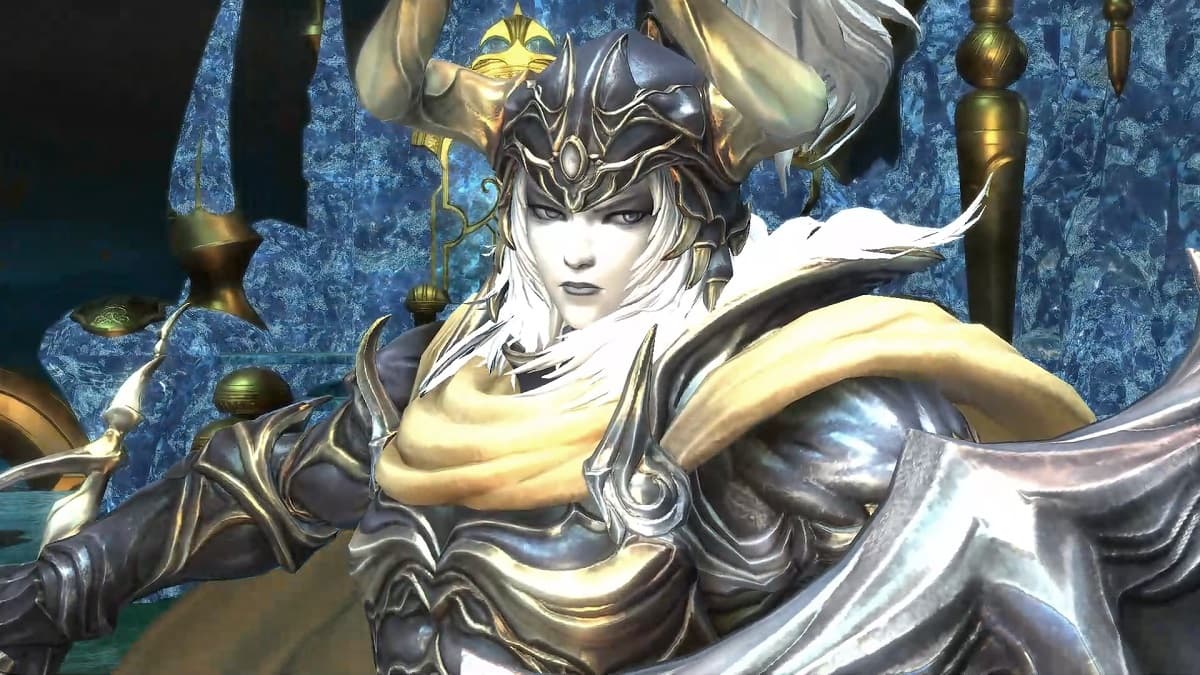Virtually every game that hits the press is being made by people who are working on it professionally (though being paid can be another story entirely). So it’s refreshing for me to be able to talk to someone who doesn’t have the luxury to live the dream on a daily basis. The gaming community gets so caught up in the ideals of passion and doing what you love that it so often forgets that living the dream is a really hard thing to do. Life inevitably wins out in some form or another, and responsibilities begin to take shape beyond the controller and keyboard.
Devin Kelly is one half of a two man team developing Fathom, an underwater Real-Time Strategy and First Person Shooter game that emphasizes base building and resource management. I was lucky enough to be able to get some pretty major details about both the game and the struggles of game development while working a full time job.
GameSkinny: How did this project come about?
Devin Kelly: The idea for Fathom came to Joe back in 2000. It stemmed from him watching the movie The Abyss and playing Relic Entertainment’s, Homeworld around the same time. Being the big science fiction nerd and an RTS player that he is, he thought it would be cool to mix those two things into a game. So he began outlining a story, sculpting models, and designing assets for Fathom.
Right around the same time, I had been playing Quake 2, and some of the other FPS games that were prevalent then. I started tinkering with modding Q2, and eventually came up with an official Devastation Quake 2 mod, which basically adds heavy mech-like battlesuits and tank-like turrets to Quake 2. It got some decent attention and received the mod of the week award a few times on Planetquake.com. Here’s a movie of DevQ2.
Through Planetquake, Joe discovered Devastation Quake 2 mod and volunteered to collaborate with me on future developments. This led us to doing a mod for Unreal Tournament called Systemic, which was similar to Devastation, and placed well in the Epic sponsored mod contest back in 2004. So from that, we knew we had a pretty good working rapport, and shortly after he told me about his ideas for Fathom.
But back in ’04 the dev tools were pretty limited, and making a full-fledged high quality game was quite a feat. Too much for us in fact, as there were simply too many tools to be made, and too much groundwork to be laid. It was just eating up too much of our time, and we weren’t progressing very fast, so we went on hiatus for a verrry long time. But finally, just a few years ago I discovered Unity, and started tinkering with it. I started to realize how much power it availed the developer, so I emailed Joe to tell him about it. From there we pretty much picked up where we left off with Fathom. As we began to stand up a prototype we started with an FPS and gradually merged in some RTS elements. The game has been evolving ever since, but I think it still holds true to the design tenets Joe was originally intending for it.
GS: What would you say are the primary pillars of Fathom’s design?
DK: The biggest one I’d say is providing a high quality visual/audio experience. Immersion is very important for establishing the feel of this universe we’re creating. The cold dark environment of the deep sea definitely has very distinct visual and audio cues that we want to capture to make the game feel like you’re not just in some 3D space, but in a huge volume of water. We also want people to look at the screenshots and movies of this game and say “yeah, that looks awesome”, first impressions seem pretty important these days.
Experimentation with game mechanics was probably another. Since we’re not developing Fathom professionally, and our livelihood isn’t dependent upon its commercial success, it does give us a certain amount of freedom to experiment. I feel that Fathom attempts to put together a few familiar concepts in an unconventional way, like how we’ve mixed structures interactions & units purchasing/queuing in with space-sim like command orders to control them once they’re are built, as just one example.
Intuitive controls are a big one as well. Fathom having 6 degrees of freedom control isn’t anything new, Descent of course is a big influence for us there, so we tried to mimic the feel of that to seem familiar. Fathom is a challenging game where we’re asking a lot of the player. We want you to basically fight in 3D, manage resources, and command a navy. So the controls have to be simple and fast, but robust enough to not feel restrictive to the player. I think through testing we’ve got a good combination right now.
GS: There’s somewhat of a negative stigma against underwater levels in video games. How is Fathom going to change that?
DK: I actually think there’s a pretty healthy following for underwater based games. Whenever I mention games like Aquanox/Archimedean Dynasty or Submarine Titans to old school gamers, from my experience, they all told tales of nostalgia and good times playing those games, they consider them classics.
Aquanox just had a successful reboot on Kickstarter, and Subnautica also seems to be doing very well. So all in all, I’m not too worried about necessarily bringing a particular style or environment gimmick back into vogue. It’s really just what we wanted to do all along, and we just hope people dig it as much as we do.
GS: What do you think underwater combat mechanics provide to the player experience that on land/foot can’t?
DK: Underwater environments of course offer the 3rd dimension, which gives it a space flight sort of feel. With Fathom we took some time make sure the vehicles feel like vehicles in water, and the players aren’t just simply cameras on a gimbal. The steering has acceleration and drag, the sub movement has drift. It’s not super tight controls by intention so you feel like you’re inside of something, which plays a part in the immersion aspect I mentioned before. There’s also the crush depth mechanic, diving too deep, things go dark and your sub cockpit starts to leak, and you take damage. Some subs can go deeper than others so it can be used as an escape mechanism… or even a trap.
We also felt that just the physics of underwater combat wasn’t enough for Fathom. We didn’t want to just do another version of Aquanox, so that’s where we started working in the original RTS-like mechanics. With the beacon mechanic we introduce in Fathom, you call down your structures from the surface and they descend into place, allowing you to ‘build’ a base in 3D. This made for a very unique mechanic that blended very naturally with the underwater environment as well. I’m anxious to see what people think of that, because I can’t really name you another game that does that like we do.
GS: With lives outside of game design, what kind of development pipeline do you guys use to make sure you get stuff accomplished in a timely manner?
DK: I feel one of the most important things is keeping momentum and interest going. Video games are typically huge undertakings, and it’s hard to overstate how much ‘stuff’ there is to do for any one game. That said, I find the best way I’ve been able to keep momentum going is to break large tasks into smaller ones. When I think “ok, I’m going to work on the networking now”, that’s obviously a huge piece of the game, and at that point it would be easy to say “wow, this is gonna take forever.” But instead I immediately think to myself “ok, Day 1, establish the basic connection and transfer one message. Day 2, Try to get the player position and rotation synced and smooth. Day 3, check fault tolerance, or high lag, or sudden disconnects.” When I think like that, I find that the crazy hard/complex things can be quantified into easy to understand chunks that eventually snap together. It may seem obvious to do that, but when you’re faced with the challenge of actually doing it, it’s easy to forget and feel overwhelmed.
GS: What do you think is the toughest part about getting exposure for Fathom?
DK: Exposure for anyone is difficult these days. It’s no secret there’s a lot of games out there, with more coming out every day. I like to say that we’re in a golden age of gaming. Games are so cheap (steam sales are insane), there’s just so many of them, and they’re all competing for your free time. This is all to the benefit of the gamer. However from the developer side, honestly, it’s actually a pretty terrible time to make games, and for pretty much the same reasons.
So yes, gaining exposure is going to be a real challenge, and is undoubtedly full of uncertainty. I’ve just been reading all the editorial articles, release post mortems, and marketing tutorials that I can, and hopefully being diligent in those areas will help. But to be honest, Daniel West’s recent article on Gamasutra “Good Isn’t Good Enough” does sort of give me a sinking feeling…
GS: What has been the most rewarding moment since you started working on Fathom?
DK: My favorite thing, aside from someone just enjoying the game, is when someone comments “wow, that was made by only 2 people? Nice!”. That feels really good because it’s an acknowledgement to how much care we’ve taken in design, and how much work we’ve put into implementation. It certainly one of the things that keeps me going.
GS: What kind of challenges does working 9-5 present with trying to get such an ambitious game done?
DK: Quite frankly, it kinda sucks not being able to focus exclusively on Fathom. There’s just not enough hours in the day. What ends up happening with me, is instead of doing an 8 hour binge of programming to bang out some new feature, I have to span it over a few nights. That can be a real rhythm breaker, and is definitely a challenge to deal with. I’m sure most coders will know what ‘getting in the zone’ or ‘power coding’ is all about. Some days/nights you’re just firing on all cylinders, but when you have to stop, knowing that you have to get up for work in 5 hours, it’s pretty rough. For the most part I’ve gotten used to that now, so I try to think ahead of time as to what features I think are going to take long spans of time, and then I break them down into smaller pieces that have easier/more stopping points. It’s an extra step, but it helps keep things moving, and gives me something to look forward to when I sit down each night. Assuming the kids get to bed…
A huge thanks to Devin for taking the time to answer some questions. Fathom is being developed for PC and consoles and you can keep up with the game’s progress on Facebook, Twitter, YouTube, Twitch, IndieDB as well as the game’s main website.














Published: Sep 15, 2015 11:11 am